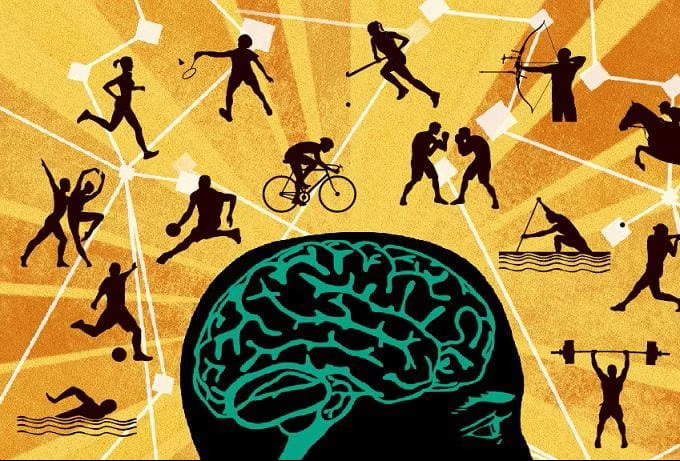The Mental Game: Sports Psychology and Its Role in Athlete Success

When most people think of athletic performance, physical strength, speed, and skill often come to mind first. However, the mental aspect of sports is just as critical—if not more so—when it comes to achieving and sustaining success. Sports psychology, the study of how psychological factors influence athletic performance and how participation in sports affects psychological and physical factors, has become a vital part of modern training. This field helps athletes build mental resilience, focus, and confidence to compete at their best.
The Importance of Mental Strength in Sports
Athletes face immense pressure, whether it’s performing in front of thousands of fans, competing for a championship, or recovering from injury. Mental toughness enables them to manage stress, stay motivated, and push through physical pain or fatigue. It’s often said that sports are 90% mental, underscoring how crucial psychological preparedness is.
The ability to maintain concentration during critical moments, control emotions, and adapt to unexpected challenges can make the difference between victory and defeat. Mental lapses can lead to mistakes, poor decision-making, or decreased performance.
Key Concepts in Sports Psychology
Several concepts and techniques form the foundation of sports psychology:
- Goal Setting: Clear, achievable goals provide direction and motivation. Athletes use short-term and long-term goals to measure progress and stay focused.
- Visualization and Imagery: Mental rehearsal of skills and game situations helps athletes prepare and reduce anxiety. Visualizing success can improve confidence and execution.
- Self-Talk: The internal dialogue athletes have with themselves can either boost confidence or undermine performance. Positive self-talk promotes focus and calmness.
- Focus and Concentration: Training attention to stay on relevant cues during competition is essential. Distractions, both internal and external, must be managed.
- Arousal Regulation: Controlling physiological and emotional arousal levels prevents being under- or over-aroused, which can impair performance.
Psychological Challenges Faced by Athletes
Athletes often encounter unique psychological challenges such as:
- Performance Anxiety: Fear of failure or letting others down can cause nervousness and hinder performance.
- Burnout: Physical and emotional exhaustion from intense training and competition can lead to decreased motivation.
- Injury Recovery: Dealing with setbacks and rehabilitation requires mental resilience.
- Transitioning: Retirement or moving between teams can affect identity and mental health.
Sports psychologists work closely with athletes to address these issues, providing coping strategies and emotional support.
Techniques to Enhance Mental Performance
Mental training is increasingly integrated into athletic preparation:
- Mindfulness and Meditation: Practices that promote present-moment awareness help reduce stress and improve focus.
- Relaxation Techniques: Breathing exercises and progressive muscle relaxation calm the nervous system.
- Routine Development: Pre-performance routines create consistency and reduce anxiety.
- Confidence Building: Through mastery experiences and positive reinforcement, athletes build self-belief.
These techniques help athletes maintain composure during competition, recover from setbacks, and perform consistently.
The Role of Coaches and Support Systems
Coaches play a crucial role in fostering a positive psychological environment. Encouragement, constructive feedback, and setting realistic expectations build athlete confidence. Support from family, teammates, and sports psychologists creates a network that enhances mental well-being.
Real-World Examples
Many elite athletes credit mental training for their success. Tennis legend Novak Djokovic has openly discussed using meditation and visualization to improve his focus. Olympic gymnast Simone Biles has highlighted the importance of mental health and taking breaks to prioritize psychological well-being.
These examples reflect a growing recognition that mental skills are fundamental to reaching and maintaining elite performance.
The Future of Sports Psychology
As the field advances, the integration of neuroscience, technology, and personalized mental training will deepen. Wearable devices that monitor stress levels, brainwave training, and virtual reality simulations offer new tools to optimize the mental game.
Furthermore, reducing stigma around mental health in sports encourages athletes to seek help early, promoting longevity and fulfillment in their careers.



